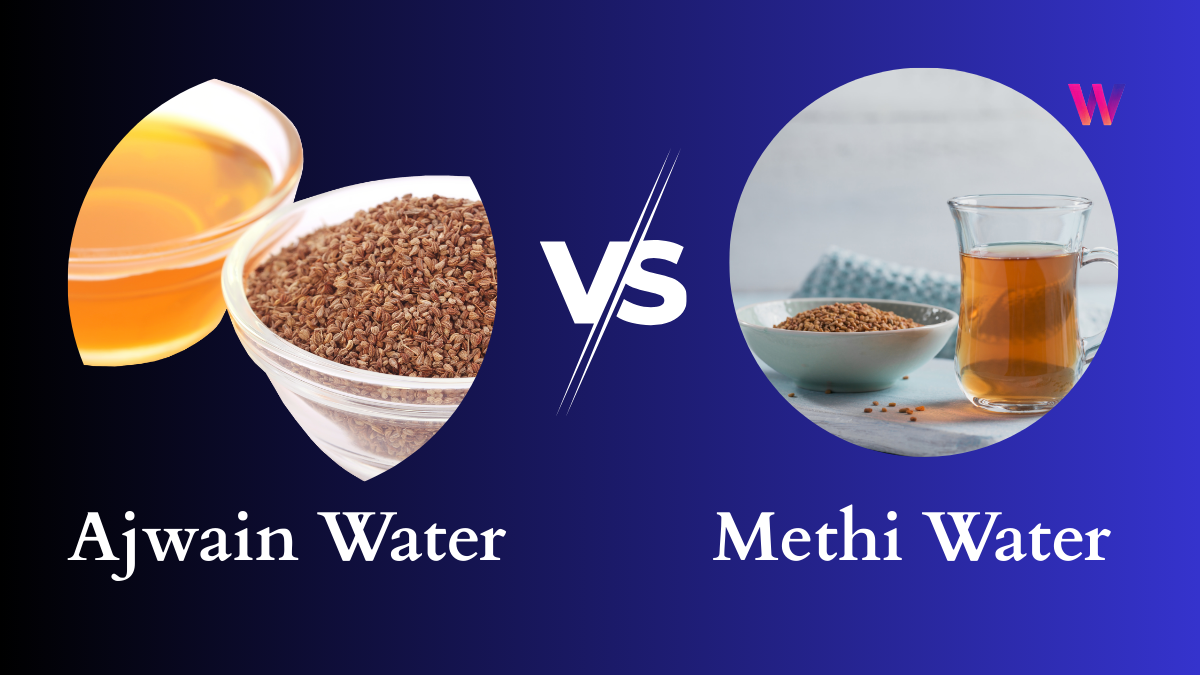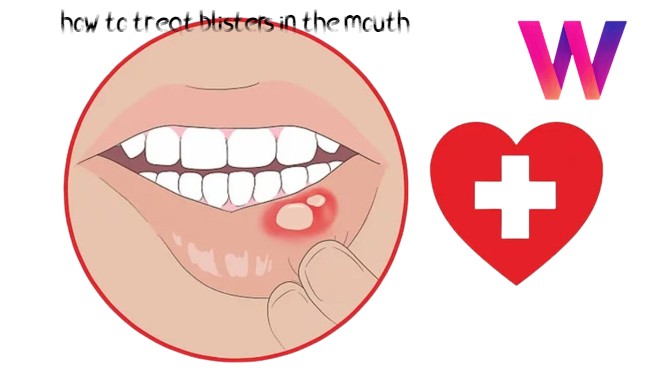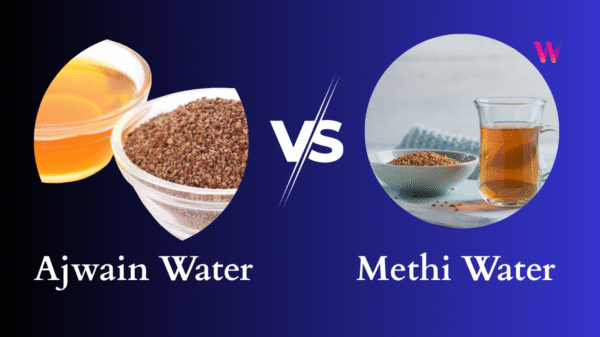Diarrhea is a common condition that affects millions of people around the world each year. Characterized by frequent, loose, or watery stools, diarrhea can be both uncomfortable and inconvenient, significantly impacting daily life. Understanding the causes, symptoms, treatments, and preventive measures can help manage and mitigate the effects of diarrhea, ensuring better health and well-being.
Understanding Diarrhea
Diarrhea is defined as having three or more loose or liquid bowel movements per day. While it is usually temporary and resolves without medical intervention, it can sometimes indicate a more serious underlying condition. There are two main types of diarrhea:
- Acute Diarrhea: This type typically lasts for one to two days and is often caused by infections or food-related issues. It is the most common form and generally resolves without long-term consequences.
- Chronic Diarrhea: This type persists for four weeks or more and may be a symptom of an underlying health problem, such as irritable bowel syndrome (IBS) or inflammatory bowel disease (IBD).
Understanding the type of diarrhea is crucial for determining the appropriate treatment and management strategies.
Common Causes of Diarrhea
Diarrhea can be triggered by a variety of factors, ranging from infections to dietary habits and underlying health conditions.
- Infections:
- Bacterial Infections: Bacteria such as Escherichia coli (E. coli), Salmonella, and Campylobacter are common culprits. These infections often result from consuming contaminated food or water.
- Viral Infections: Viruses like norovirus and rotavirus are frequent causes, especially in children. These viruses are highly contagious and can spread rapidly in communal settings.
- Parasitic Infections: Parasites such as Giardia lamblia and Entamoeba histolytica can cause persistent diarrhea. These infections are typically contracted through contaminated water sources.
- Food Intolerances:
- Lactose Intolerance: Individuals who are lactose intolerant cannot properly digest lactose, a sugar found in milk and dairy products, leading to diarrhea and other gastrointestinal symptoms.
- Gluten Intolerance: Celiac disease, an autoimmune disorder triggered by gluten, can cause severe diarrhea and other digestive issues when gluten is consumed.
- Medications: Certain medications, including antibiotics, can disrupt the natural balance of gut bacteria, resulting in diarrhea. Laxatives and other drugs that affect bowel function can also be contributing factors.
- Underlying Health Conditions:
- Irritable Bowel Syndrome (IBS): A chronic condition that affects the large intestine, IBS can cause diarrhea, constipation, and abdominal pain.
- Inflammatory Bowel Disease (IBD): Conditions like Crohn’s disease and ulcerative colitis cause chronic inflammation of the gastrointestinal tract, leading to severe diarrhea and other symptoms.
- Less Common Causes:
- Stress and Anxiety: Emotional stress and anxiety can affect gut function and contribute to diarrhea.
- Medical Treatments: Treatments such as chemotherapy can irritate the digestive system and cause diarrhea.
Understanding the underlying cause of diarrhea is essential for effective treatment and management.
Symptoms to Watch For
Diarrhea is often accompanied by a range of symptoms that can vary in severity.
- Primary Symptoms:
- Frequent, loose, and watery stools are the hallmark symptoms of diarrhea.
- Accompanying Symptoms:
- Dehydration: Diarrhea can lead to significant fluid loss, resulting in dehydration. Symptoms of dehydration include dry mouth, thirst, reduced urine output, dizziness, and fatigue.
- Fever: A high fever may indicate an infection, particularly if it accompanies severe diarrhea.
- Nausea and Vomiting: These symptoms often occur alongside diarrhea, especially in cases of viral infections.
- Abdominal Pain and Cramping: Discomfort and cramping are common as the digestive system tries to expel the irritants causing diarrhea.
- When to Seek Medical Attention:
- Severe Dehydration: If symptoms of dehydration are severe, seek medical help immediately.
- High Fever: A fever above 102°F (39°C) warrants medical attention.
- Blood in Stool: The presence of blood in stool can indicate a serious infection or condition.
- Persistent Symptoms: Diarrhea that lasts more than two days for adults or 24 hours for children should be evaluated by a healthcare provider.
Recognizing these symptoms and knowing when to seek medical help can prevent complications and ensure timely treatment.
Treatment Options
Treating diarrhea effectively involves addressing the underlying cause, managing symptoms, and preventing dehydration.
- Over-the-Counter Remedies:
- Anti-diarrheal Medications: Medications like loperamide (Imodium) and bismuth subsalicylate (Pepto-Bismol) can help reduce the frequency of bowel movements and alleviate symptoms.
- Probiotics: Supplements containing beneficial bacteria can help restore the natural balance of gut flora, especially after antibiotic use.
- Hydration:
- Fluids: Drinking plenty of fluids, such as water, clear broths, and oral rehydration solutions (ORS), is crucial to replace lost fluids and electrolytes.
- Avoiding Certain Beverages: Alcohol, caffeine, and sugary drinks can worsen dehydration and should be avoided.
- Dietary Changes:
- BRAT Diet: The BRAT diet (bananas, rice, applesauce, and toast) is often recommended for its bland and easy-to-digest qualities.
- Avoiding Trigger Foods: Foods high in fat, fiber, and spices can aggravate diarrhea and should be avoided until symptoms improve.
- Medical Consultation:
- Persistent Symptoms: If diarrhea persists for more than a few days, or if there are signs of severe illness, consulting a healthcare provider is essential. They may prescribe antibiotics for bacterial infections or other medications for underlying conditions.
Understanding and implementing these treatment options can help manage symptoms and promote recovery.
Prevention Tips
Preventing diarrhea involves adopting good hygiene practices, ensuring food safety, and taking appropriate precautions, especially while traveling.
- Hygiene Practices:
- Handwashing: Regular and thorough handwashing with soap and water, especially before meals and after using the restroom, can prevent the spread of infections.
- Avoiding Contact: Minimizing contact with individuals who are sick can reduce the risk of contracting infections.
- Food Safety:
- Proper Food Handling: Ensuring that food is cooked thoroughly, stored at the correct temperature, and handled with clean utensils can prevent foodborne illnesses.
- Safe Drinking Water: Drinking bottled or purified water, especially in areas with questionable water quality, is essential to avoid infections.
- Vaccination:
- Rotavirus Vaccine: Vaccination against rotavirus, a common cause of severe diarrhea in children, can prevent infections and reduce the risk of complications.
- Travel Precautions: When traveling to areas with high risk of foodborne and waterborne diseases, it is crucial to consume only safe, bottled water and avoid raw or undercooked foods.
By following these prevention tips, individuals can significantly reduce their risk of developing diarrhea.
Conclusion
Diarrhea is a common condition that can have a significant impact on daily life, but understanding its causes, symptoms, treatments, and preventive measures can help manage and mitigate its effects. By adopting good hygiene practices, ensuring food safety, and seeking medical advice when necessary, individuals can take proactive steps to maintain their health and well-being. Remember, while most cases of diarrhea are temporary and manageable at home, persistent or severe symptoms warrant professional medical attention. Taking preventive measures and being aware of the signs and symptoms can ensure timely and effective care.












